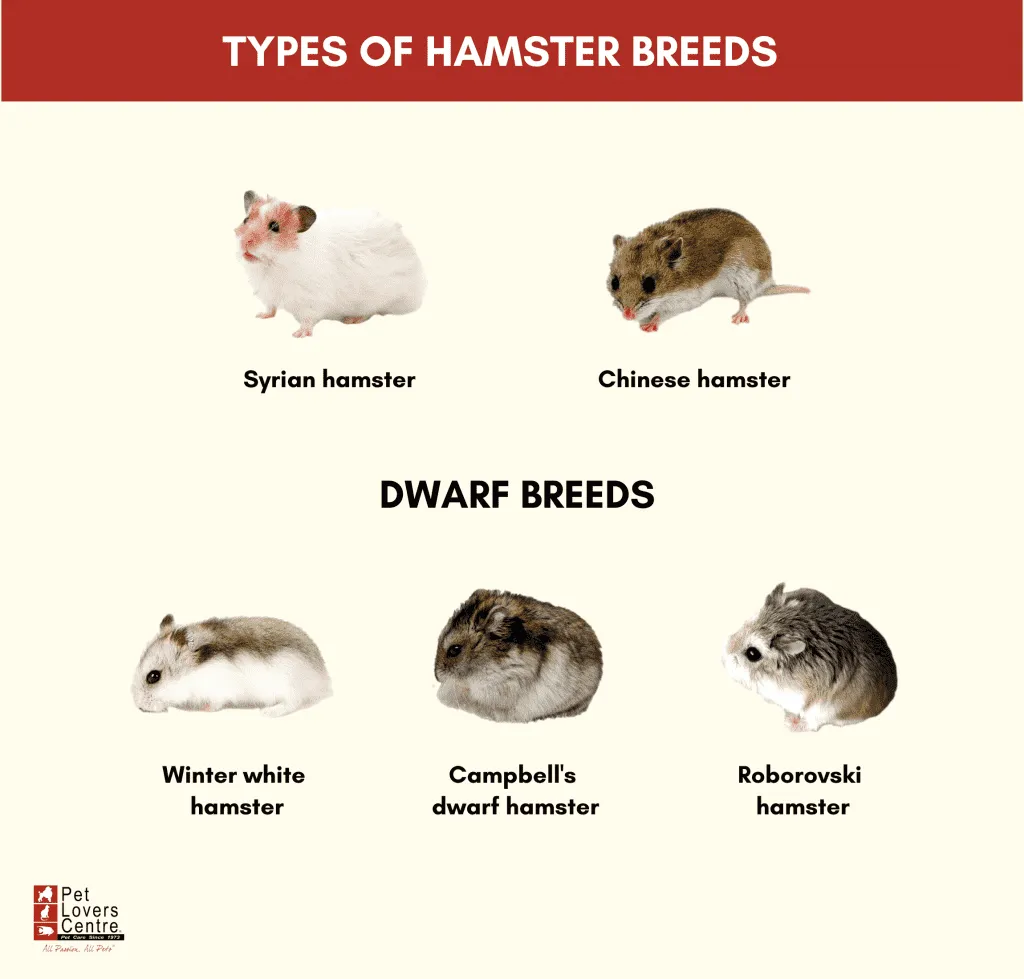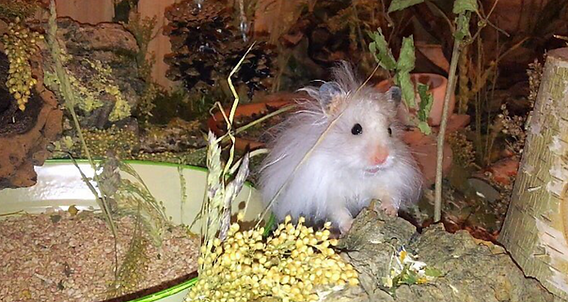Best Hamster Species for Beginners
Hamsters are among the most popular pets in the world, adored for their adorable appearance and playful behaviors. If you’re considering bringing a furry friend into your home, selecting the right hamster species is crucial, particularly for beginners. Each breed has its unique traits, care needs, and personality types. In this article, we will explore the best hamster species suitable for novice pet owners, giving you valuable insights to make an informed choice.

This comprehensive guide will include:
- Key characteristics of popular hamster breeds
- Care requirements for each type
- Tips for new hamster owners
- Common myths about hamsters debunked
Understanding Hamsters
Before diving into specific breeds, let’s understand what makes hamsters such ideal pets, especially for beginners. These small rodents are known for their:
- Low Maintenance: Compared to larger pets, hamsters are relatively easy to care for.
- Small Space Requirements: They can thrive in smaller living spaces, making them perfect for apartment dwellers.
- Affordability: The initial setup and ongoing care costs are generally low.
Why Choose a Hamster?
Hamsters are social creatures that, if cared for correctly, can provide companionship and joy. They are perfect for people who are looking to learn about pet care without overwhelming obligations. Plus, watching a hamster play can be a delightful experience!
Popular Hamster Breeds for Beginners
Now, let’s take a look at some of the best hamster species that are well-suited for first-time owners:
Syrian Hamster
The Syrian hamster is the most common hamster species kept as a pet. They are known for their friendly nature and relatively large size.
- Temperament: Generally calm and friendly, they can be handled with care.
- Size: They tend to grow to about 6-7 inches long.
- Care: Require a larger cage to roam, as they enjoy active play.
Overall, Syrian hamsters are wonderful for beginners due to their manageable temperament.
Dwarf Hamsters
Dwarf hamsters, including the Campbell’s dwarf hamster, Roborovski hamster, and Winter White hamster, are smaller alternatives to the Syrian hamster.
- Temperament: Generally more skittish than Syrians but can become accustomed to handling.
- Cage Size: A smaller cage is sufficient, but they love climbing and running.
- Socialization: Dwarf hamsters can sometimes live in pairs.
They provide a unique charm and can be very entertaining to watch.
Chinese Hamster
Chinese hamsters are less common but still make great pets for beginner owners.
- Temperament: They can be a bit more reserved, requiring patience during socialization.
- Size: They are around 4-5 inches, making them compact pets.
- Care: Their cage needs to be escape-proof as they are excellent climbers!
With proper attention, they can be a playful addition to your home.
Caring for Your Hamster
Regardless of the breed you choose, proper care is essential for your hamster’s health and happiness.
Housing Requirements
Every hamster needs a clean, spacious cage with proper ventilation. Here’s what to consider:
- Cage Size: Syrian hamsters need larger cages compared to dwarf hamsters.
- Bedding: Use safe bedding materials such as paper-based or aspen shavings.
- Environment: Make the cage stimulating with tubes, wheels, and hiding spots.
Feeding Your Hamster
A balanced diet is crucial for your hamster’s wellbeing. The primary source of food should be high-quality hamster pellets, along with:
- Fresh fruits and vegetables (in moderation)
- Occasional treats like seeds and nuts
- Fresh water daily
Regular Health Checks
As a responsible pet owner, you should regularly check for signs of illnesses which can include:
- Loss of appetite or weight
- Changes in behavior or activity
- Fur loss or skin issues
Common Myths About Hamsters
Several misconceptions surround hamster care, leading to potential issues. Let’s debunk some of these myths:
- Myth: Hamsters are solitary animals.
Truth: While Syrian hamsters should be solo pets, some dwarf species thrive in pairs. - Myth: Hamsters can eat anything.
Truth: Some human foods are dangerous; always research before feeding. - Myth: Hamsters only live for a short time.
Truth: With good care, they can live 2-3 years or more!
Conclusion
Choosing the best hamster species for beginners involves considering your lifestyle, the space available, and how much time you can dedicate to care. Syrian hamsters are often recommended for their friendly demeanor, suitable for handling, making them perfect for first-time pet owners. Dwarf hamsters also present a joyful experience, albeit with different socialization needs.
In summary, hamsters can make a wonderful addition to your life with the right care. Remember to provide a suitable habitat, balanced diet, and regular health checks to ensure your pet remains happy and healthy. Each hamster has its unique personality, waiting to charm you. Embrace the joy of pet ownership, and enjoy learning and growing alongside your new furry friend! For more detailed information on pet care, visit this article and check out this resource for more tips.
